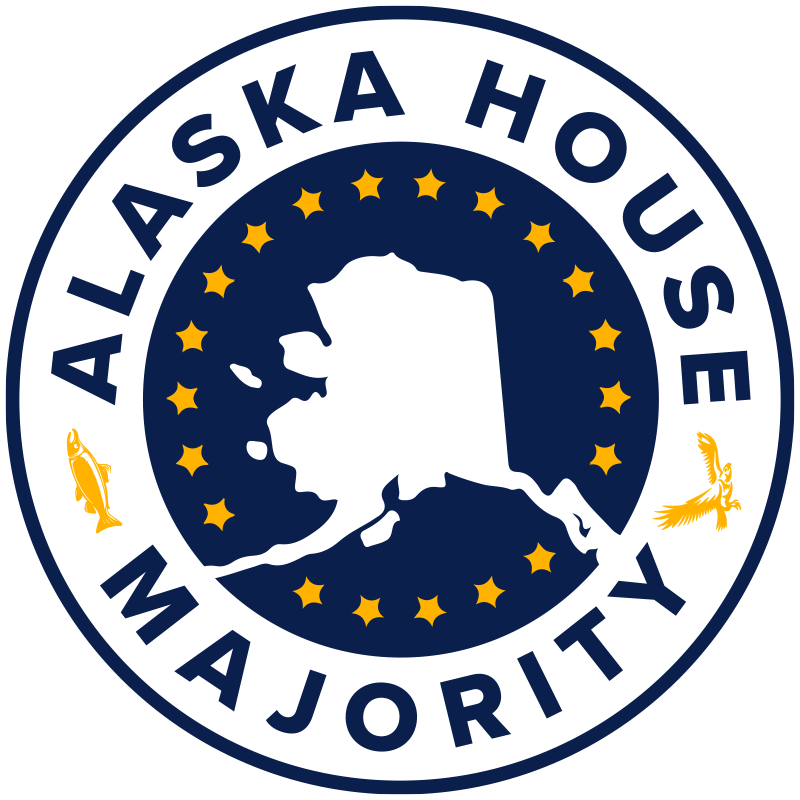JUNEAU – The Alaska House of Representatives has passed House Bill 111 (HB 111), a piece of legislation that establishes a comprehensive Deaf and Hard of Hearing Children’s Bill of Rights, aiming to enhance educational outcomes and ensure equitable access to academic resources.
HB 111 is tailored to address the unique educational needs and rights of deaf and hard of hearing students, ensuring that every child has the opportunity to thrive in an academic environment. Key provisions of the bill include the establishment of consistent information for parents from school districts, empowerment for parents to choose the best communication method for their child, and the requirement for school districts to provide services in the chosen communication method.
“Deaf children possess the inherent ability to acquire language and succeed academically, just like their hearing peers,” stated bill sponsor Representative Jamie Allard (R-Eagle River). “This bill guarantees that their rights to communicate and learn are not only recognized but also actively supported by our educational system. I was one of those kids, I understand the need to be treated with equal opportunities.”
HB 111 addresses the critical gaps in current educational practices, where lack of access in classrooms can lead to significant disparities in academic achievement and language acquisition. By mandating accommodations and access to instruction, school services, and extracurricular activities in a child’s primary language, HB 111 ensures that deaf and hard of hearing students can fully participate in and benefit from all school programs.
The legislation recognizes the distinct obstacles encountered by residents in rural Alaska, particularly the possible requirement for residential services to guarantee full educational access. The individualized education program for each child will now explicitly determine their main language, assess their hearing loss outlook, and supply essential assistive technologies and services.
HB 111 now heads to the Senate for consideration.
